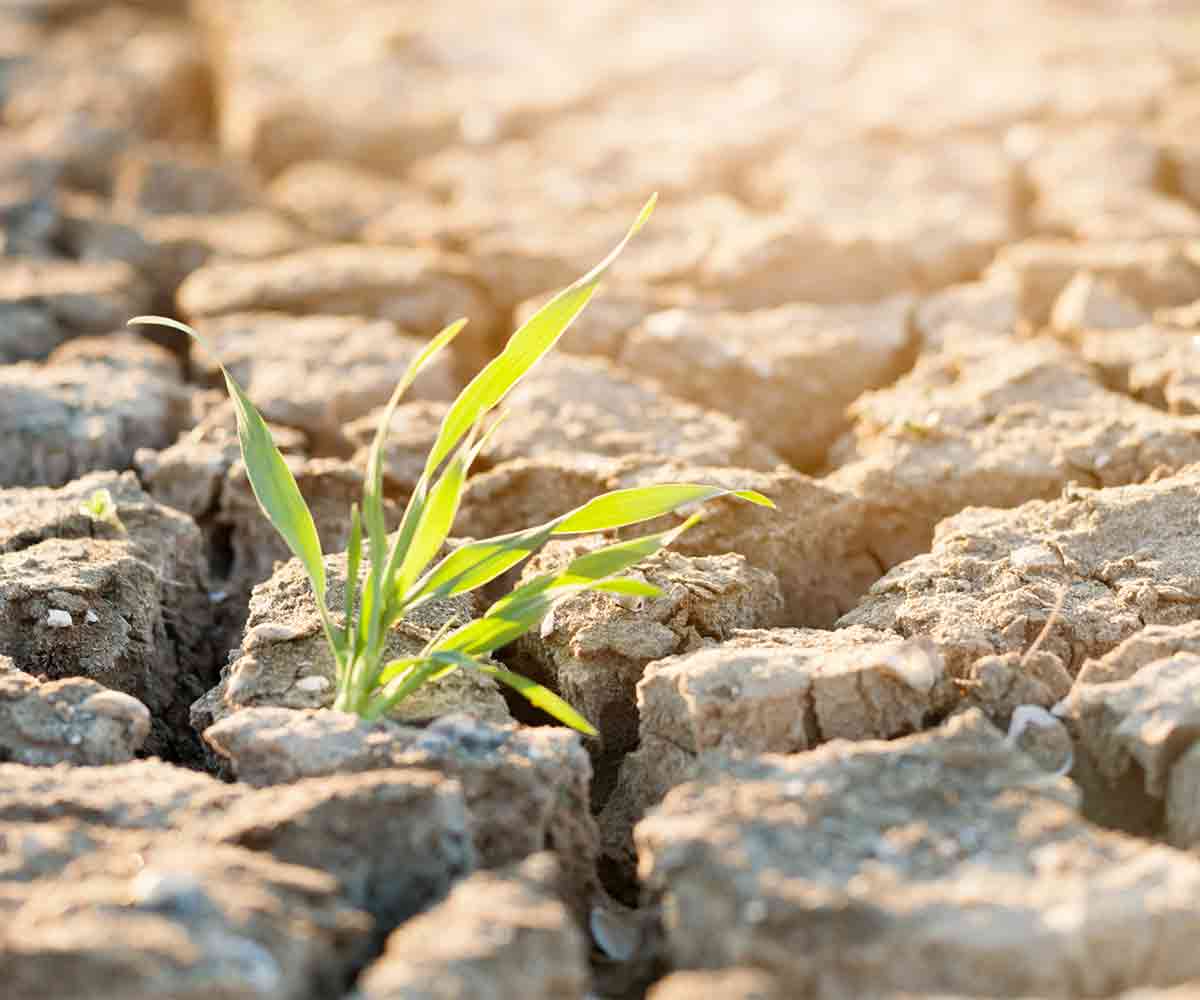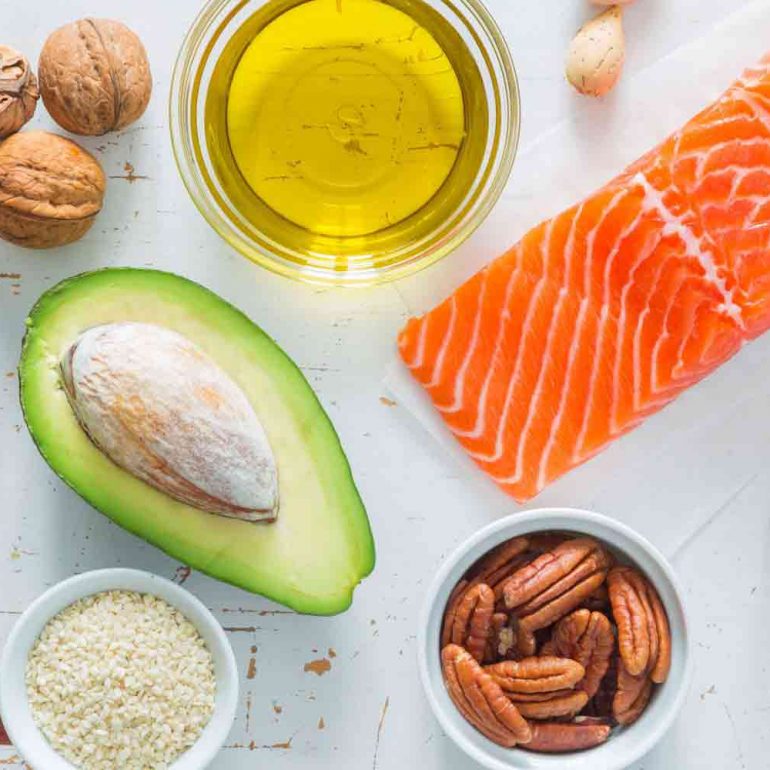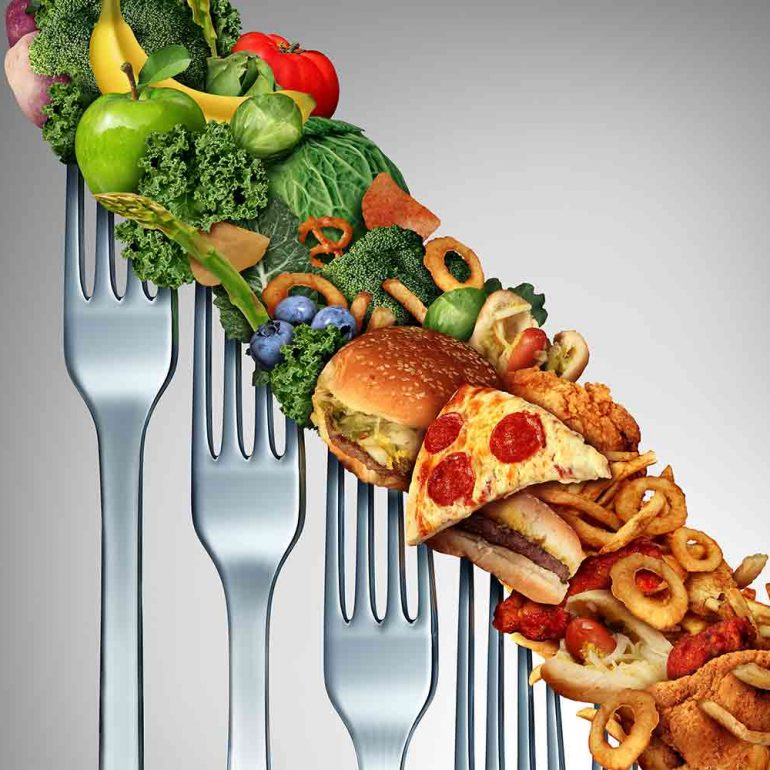Every time a celebrity eats a piece of tofu I hear a round of applause from my fellow foodies. Aging rock stars who want to keep their trim looks and ex-presidents who rock the connection between diet and heart disease are certainly an inspiration – it shows someone is paying attention anyway. The problem is that while even a little news is good news, underneath the surface lurks the grim reality of the food industry and that is disaster nutrition.
Organic foods account for less than four percent of the food sales in America. To understand the size of this in industry terms, the dollar volume of organic product sales (US 2009 – 24 billion) is only slightly higher than the total sales of salty snacks (US 2009 – 21 billion).
In my last note, I talked about how the food industry is a major cause for starvation in the world. Now I want to turn my jaundiced eye toward one of the ways that big business is allowed to continually ramp up the production of highly processed and industrialized food products – disaster capitalism.
For those of you who are not familiar with the concept, it was originally put forward by the author Naomi Klien in her 2007 book The Shock Doctrine: The Rise of Disaster Capitalism. Kline argues that social phenomena such as the war in Iraq and natural disasters such as hurricanes and floods are an opportunity for business to push through reforms in policies that might be unpopular in times of relative calm.
This process of social opportunism is generally admired in the business community as a sign of sound practice. In the food industry, the disaster being leveraged into big profits is the shortage of food to feed the world. There is no question that the disaster is real. The food shortages that have been predicted for the past forty years are now closing in on us in full force.
Both the developed countries of the world and the emerging nations are feeling the crunch.
One of the strategies of disaster capitalism is to allow all problems to develop fully before action is taken. Immediate action upon identification of an impending problem does not lead to maximum profit; the crisis must ripen. This means allowing a concern to become a problem before it matures into a disaster.
The disaster creates a vacuum into which are sucked a number of short-term fixes disguised as solutions; disasters do not require seventh generation solutions – there isn’t time for that – it’s a disaster! You can tell when a problem is being nursed into full disaster status when there is a counsel for moderation or further study.
Don’t Think Problem – Think Opportunity
Farmers in Poverty
Small and medium scale farmers all over the world are unable to compete with agribusiness. Two crisis options are attractive: the first is to grow exotic crops for exportation instead of local crops for local consumption. The second option is to grow crops for fuel. Friends of the Earth has documented evidence that one-third of the land sold or acquired in Africa over the past year were for the production of fuel crops.
Jatropha is a plant that is being promoted as a solution to small farmers in South America and Asia, as well as in Africa. It produces oil that is easily converted into bio-fuel. Its original promise as easy to grow is turning out to be a myth. It requires massive water resources and pesticides to produce. Jatropha farming is being sold as a green solution to farmers in countries where starvation is a daily fact of life. The food for survival now has to be imported. Is that the sound of cash registers I hear?
Increased Population
You may have noticed that things are getting crowded here. Projections are that by 2050 there will be over nine billion people on planet earth looking for some food and a place to sit down and eat. This, of course, is not news to anyone who has been paying attention, but meaningful action for food security has been delayed until the problem is on the cusp of crisis.
In order to get food quickly out to the population genetic modification of plants has become the practical quick fix. To resist modified foods becomes a heartless position tantamount to starving the poor because you have a negative fantasy of the consequences. Monsanto to the rescue!
Rising Food Costs
As food costs rise, the response is to provide the worst and most processed foods for the poor. The fact is that in America, eating cheaply for people who work long hours means fast foods. There is no education or financial support available to help people move up from nutritional poverty.
The fast food manufacturers are the masters of cheap food that is tasty. Governments will continue to subsidize the meat, poultry, dairy, and animal feed industries to hold prices in check for the developed countries so that familiar food can be on the table even if it has been proven unhealthy. They will do this because the food industry has massive political and financial clout. New lines of “healthy fast foods” delivered by magically green companies will become the rule. Put the wind turbine right next to the Golden Arches and fire up the GM Soya Burgers!
Fisheries Depleted or Ruined
The oceans and rivers of the world have been effectively stripped of fish. Large factory ships with onboard processing facilities have taken over the waters, driven off small fishermen, and wasted fish stocks. The rational response would be to impose strict limits and environmentally sane fishing policies to allow those stocks remaining to recover. That would be a good response in normal times, but this is a crisis!
Quick and effective action is essential, and profits must be made. The answer is genetically modified fish. They will be available soon, the FDA is close to approval. These salmon grow twice as fast as normal farmed salmon. I suppose the next generation will have legs and be able to walk out of the water to the processing plant. Genetically modified pork and goats that produce milk very similar to human breast milk are on the way. Future generations of human children will be grazing on a lawn near you.
Speak Up For Change
It is important that those of us who have a concern about food quality, health, and human ecology speak up and not allow these issues to fade out into the chatter of popular culture. It is also important that we discover ways to communicate the practical and common sense reasons why the cultural attitudes about food need to change in a fundamental way. There is still a window of opportunity here for change – after all, what is a crisis good for anyway?
Since 1967, Californian, Bill Tara has been an active advocate for natural heath care. He was the Vice President of Erewhon Trading Company, one of America’s first national distributors of organic foods, and was a co-founder of Sunwheel Natural Foods in London, England. He has been a health counsellor, teacher, author, entrepreneur and creator of health education centres in Europe and North America.




